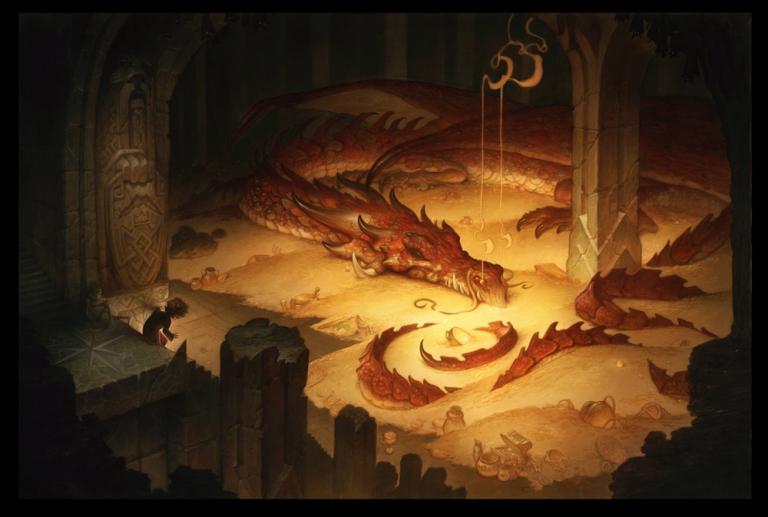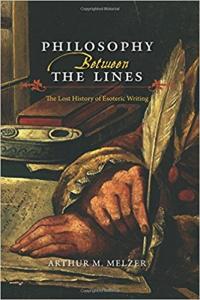
I think most people assume stories make difficult things easier to understand. That’s why preachers should use them, it is believed. They illustrate.
I don’t think that’s quite right, it isn’t the reason Jesus spoke in parables. We have his word on that.
10 Then the disciples came and said to him, “Why do you speak to them in parables?” 11 And he answered them, “To you it has been given to know the secrets of the kingdom of heaven, but to them it has not been given. 12 For to the one who has, more will be given, and he will have an abundance, but from the one who has not, even what he has will be taken away.
The parables were not any clearer to the disciples, if you may recall. Jesus is regularly accused of being needlessly difficult and recondite. His parables, and even many of his sayings, work more like puzzles than explanations.
I had occasion to address the puzzle of Jesus’s puzzling stories recently. I spoke at Covenant Seminary in St. Louis on the theme of writing fiction and doing apologetics.
Returning to the puzzle, why did Jesus resort to stories that were not so much intended to make things easier to understand as they were to hide his meaning?
I think there are a range of reasons for doing so, but today I’m going to speak about just one of them: the problem of watchful dragons.
The need to read between the lines
 Dragons, as everyone knows, are crafty and watchful because they are thieves. They come by their horde of treasure by slaughter and pillage. Since they’ve came by in this way, they’re suspicious by nature. And they’re prepared to resort to violence to hold on to their ill-gotten gains.
Dragons, as everyone knows, are crafty and watchful because they are thieves. They come by their horde of treasure by slaughter and pillage. Since they’ve came by in this way, they’re suspicious by nature. And they’re prepared to resort to violence to hold on to their ill-gotten gains.
To get past them you need to be careful, and just as crafty.
It was just this sort of craft that Arthur Melzer addressed in his surprise best-seller Philosophy Between the Lines.
Melzer is a Straussian, but you don’t need to be one in order to see his point. Now you’re unlikely to find this volume at your nearest Christian bookstore, but he does use Jesus as an exemplar of esoteric communication–in other words, of speaking craftily in order to get past the watchful dragons.
In Jesus’s case there really were people who were out to get him. And they eventually did, but only when Jesus was ready for them to. (That’s a story for another time.)
The watchful dragons of C. S. Lewis
This term, “watchful dragons”, is taken from something C. S. Lewis wrote in an essay entitled, Sometimes Fairy Stories May Say Best What’s to Be Said. And here he is from that essay:
“I thought I saw how stories of this kind could steal past a certain inhibition which had paralysed much of my own religion in childhood.Why did one find it so hard to feel as one was told one ought to feel about God or the sufferings of Christ? I thought the chief reason was that one was told one ought to. An obligation to feel can freeze feelings. And reverence itself did harm. The whole subject was associated with lowered voices; almost as if it were something medical. But supposing that by casting all these things into an imaginary world, stripping them of their stained-glass and Sunday School associations, one could make them for the first time appear in their real potency? Could one not thus steal past those watchful dragons? I thought one could.” (Underlining, mine.)
Did you notice anything different about Lewis’s use here in distinction from what I noted earlier? Right, the dragons aren’t “out there” in the back of the crowd, stones in hand. They’re inside his readers–in this case, they take the forms of a paralyzing inhibition, and a feeling of obligation. Slipping past those watchful dragons is enough to justify writing fiction. There is much more to be said, but that’s enough for now.
It is enough for me to keep it up.












